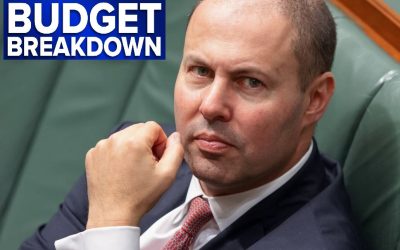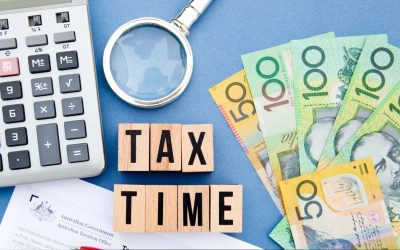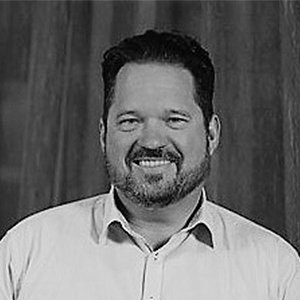How often should you change your car?

How many times have you heard friends or family say they need to buy a new car because it is coming up to 5 years old and it will “start costing money”?
What you drive – and for how long – can play a big role in what you’re able to save for retirement. For many households, years without a loan payment will be the key to financial security.
Believe it or not, the average for vehicle models owned by the original owner for at least 15 years is 7.7 per cent. This is an incredibly low percentage. Given the increased reliability of today’s vehicles and the financial rewards of holding on to a car or ute, this should be a lot higher.
It’s worth checking your State’s automotive advocacy bodies publications and magazines [e.g. RACQ’s “The Road Ahead”] for the most reliable vehicles with the lower servicing and maintenance costs. Not only is purchase price important, but some manufactures these days also offer service packages. If you’re going to hold a car for 10 or more years, you want to make sure parts are available and cost effective.
FLIPPING YOUR CAR
Yet ‘flipping’ [selling old & buying new] cars every few years has become a costly habit for many households. Automobile data site ‘Edmunds’ reported that more than 40 per cent of the automobiles traded in this past May still had an outstanding loan balance (known as negative equity). These days the average car loan is a smidge less than six years. This suggests a whole lot of people don’t own their car for that long.
While trading-in with negative equity might have an upside given the potential to finance a new car (and roll over your unpaid loan balance on the car you’re trading in) at a lower interest rate. However, what that overlooks is that you’ve just increased your loan balance. Additionally, you have likely just signed on for a fresh six years (or more) of new loan payments. That’s time (and money) you won’t have for other goals.
SO WHAT CAN YOU DO?
Alternatively, instead of flipping your car for another new one every three, four or five years. If you keep it, you’re buying yourself a lot of time without a loan repayment.
Showing that paying off the loan in five years and then driving the car for, say, a further 10 would give you 10 years of no payments.
Right now, the average car loan payment is about $750 a month, according to Experian Automotive. Invest $750 a month for 10 years and you will have more than $90,000 assuming a 5 per cent annualised return. If that money is for retirement, and you just let the $90,000 keep compounding (again, at an assumed 5 per cent annualised rate) it will be worth more than $180,000 in another 10 years.
That’s a huge amount of extra money ready for your retirement. Purely because you gave yourself a 10-year window when you weren’t making a car payment.
CONTACT US
If you’re not quite sure what your financial position is in relation to your auto loan?, or when best to invest in a new vehicle? why not give us a call. Alternatively, you can fill your details here and we’ll get back to you as quick as we can.
– 28 September 2020 –
General Advice Warning
In preparing this article, Praescius Financial Consultants NSW Pty Ltd, Praescius Financial Consultants NT Pty Ltd, Praescius Financial Consultants HB Pty Ltd and Praescius Financial Brisbane Pty Ltd have not considered your personal circumstances, goals or objectives; as such the information, commentary and assertions made within this article may not be suitable to you. Please seek personal financial advice prior to acting on this information, or making a decision regarding the choice of a financial product or strategy. Further information and disclosures can be found in our Financial Services Guide or by contacting us on the phone numbers provided.
Praescius Financial Consultants NSW Pty Ltd, Praescius Financial Consultants NT Pty Ltd, Praescius Financial Consultants HB Pty Ltd and Praescius Financial Brisbane Pty Ltd are authorised representatives of Praescius Financial Holdings Pty Ltd ABN 14 610 960 980 AFSL 486455, 2a/57-59 Oxford Street, Bulimba Qld 4171.
2021-22 Federal Budget
On Tuesday, 11 May 2021, Treasurer Josh Frydenberg handed down the 2021-22 Federal Budget, his 3rd Budget.
Increase your tax refund
Here are a number of ways and actions you can take to increase your tax refund. Contact our accountants after reading more here:
Teaching kids about finance
With current interest rates near zero, it makes sense to consider refinancing your home to lower costs. Read more here to find out how:




























 Ben Ades
Ben Ades
 Karina Yates
Karina Yates














